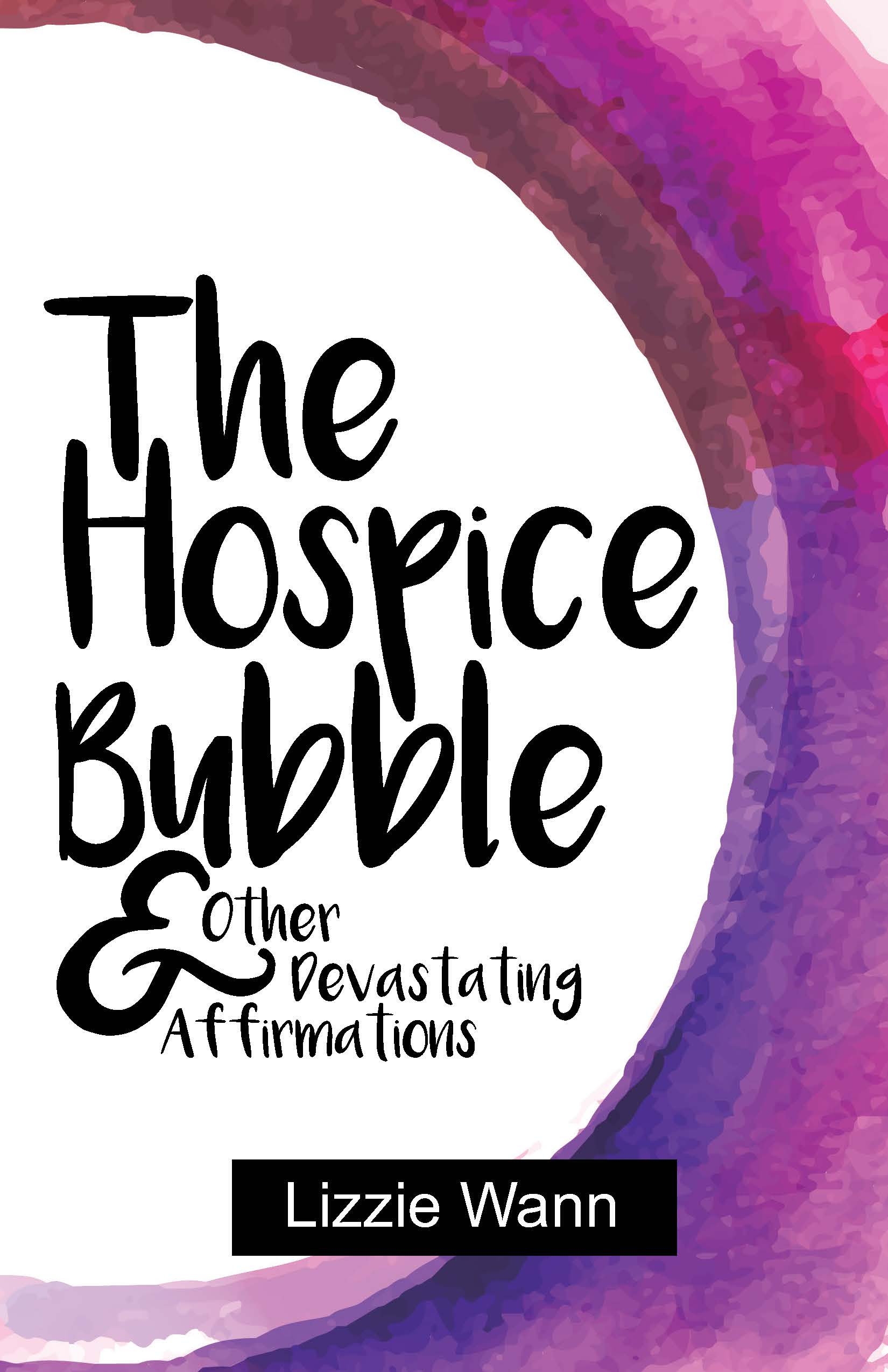The poem ""If Marriage is a Duel at 10 Paces" by Traci Brimhall is less a ritualized settling of grudges than it is a supremely phrased and acidly etched sequence of couplets lampooning the hackneyed metaphors that apply to timeless institutions . Absurd comparisons between marriage and something other. Brimhall seems to draw from a period of having to listen to platitude-dripping testaments from husbands, her own and likely the remarks of other nervous men, who needed reassurances about the stability of the contract with bromides and sage cliches that were a form of emotional blackmail. Brimhall takes up the game and posits her own thinking , mimicking the analogies and interrogating the logic; every statement contains it own contradiction and counterargument."
"If marriage is a war for independence, I’ll find a feather
for my cap and shoot you from your horse. Darling.
If it’s a hunt, salt and cure me. If it’s a plague for two,
my dear, let’s quarantine ourselves in the cemetery wearing
aprons and snakeskin belts. Let’s disfigure each other
with praise. My beautiful. My fugitive..."
There is a tangible anger at the entire "'til-death-us-part" solemnity of the wedding vow , which sets the poet up splendidly for an extended take down of the premise. There is , of course, the issue that this only one side of the story and what we lack is a complexity that would make this poem even more dynamic; honestly, that does not bother so much if because Brimhall gets the tone and the poking-finger earnestness of the stream right. The story that happens offstage, that is unmentioned during this narrator's confession of resentment, is palpable, conspicuous by the lack of reference. Anger, frustration, bristling irritation has given the tongue , or at least the mind, an articulation it may well not had seen before.
The strength of this power, its power , in fact, is that the poet simulates the verbal dexterity a long brewing dissatisfaction can give you and which comes out in one especially articulate explosion of well-turned sarcasm. Reading this made me think of those times when I had entered someone's living room by invitation only to get the sense that there is a narrative under the subterfuge of polite chatter and mannered hospitality, that at any second the lid might blow off the pressure cooker. This poem is one of those moments when it finally does.
This is a caustic rant and it would be a fitting speech for a character ina yet to be written play ; the wife, fed up with years of her husband's laziness, stupidity, infidelity , financial irresponsible and an over reliance on the easiest phrase that comes to mind when justifying his onerous acts, responds at once with bazooka and blow torch. There is the neat, efficient trick of mocking with great exaggeration while revealing the harm cliches, evasions and lies cause, as in "let's disfigure ourselves with praise..." While the truth sets you free by liberating you from falsehoods that coerce you into making terrible decisions, lies mar the landscape, destroy trust, create unhappiness for all those involves, makes it a requirement that one carry equal amounts of dread, self loathing and resentment under a cracking veneer of calm resignation.
The strength of this power, its power
This is a caustic rant and it would be a fitting speech for a character in
Brimhall's poem starts from the point where her narrator seems to have dropped the last dish to the floor, stands straight, hands on hips , and begins a thorough dismantling of each lie she participated in. This is a powerful poem, unusual, punchy and full of a crackling good wit. This is a warning to readers to not flatter their spouses with the foul essence of stale sentiment , promises and vague assurances that destiny will be great if you just stay the course. Talk long enough and you will create the verbal rope that will coil around your neck even as you speak the words, or someone speaks them back to you


